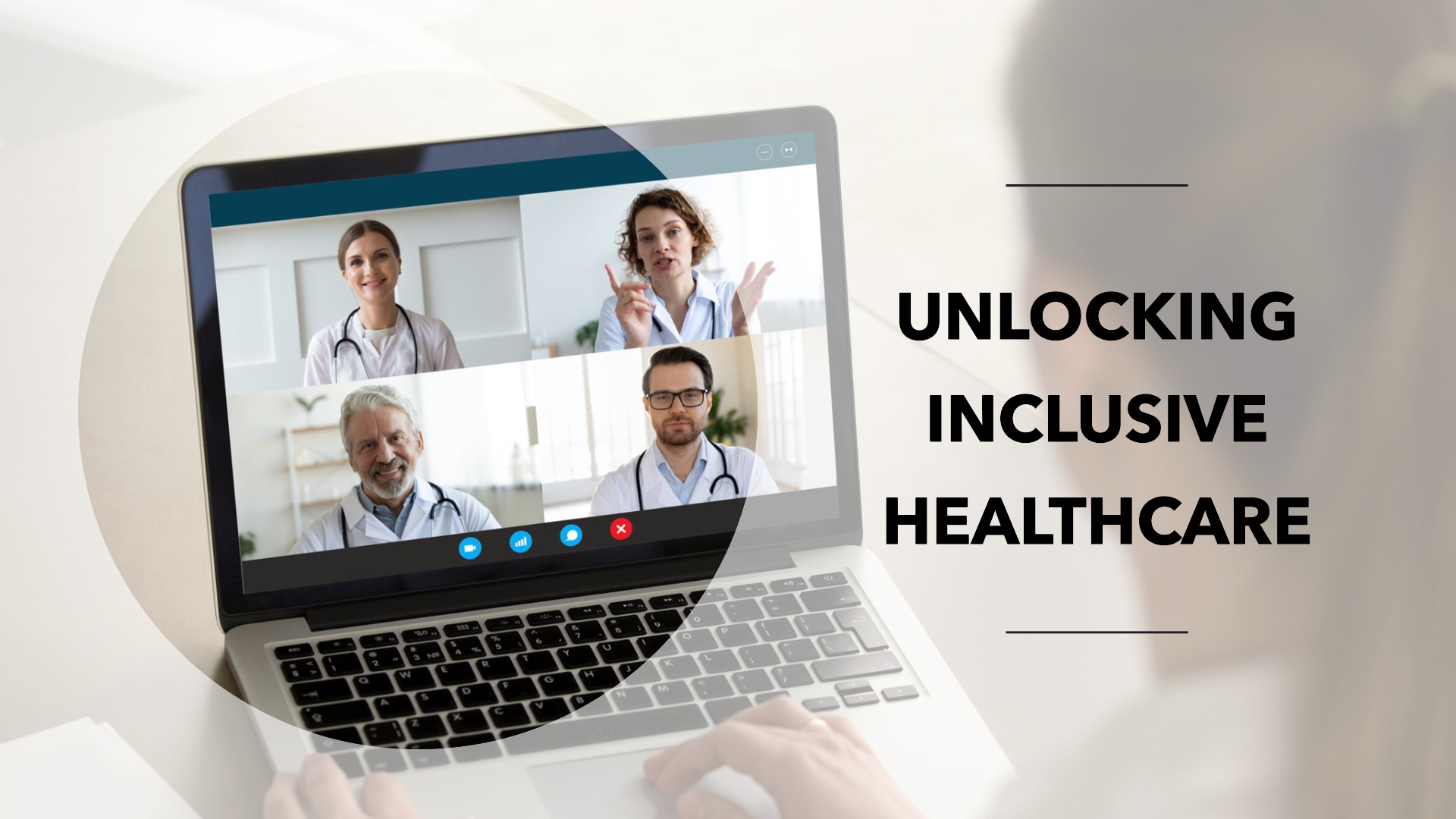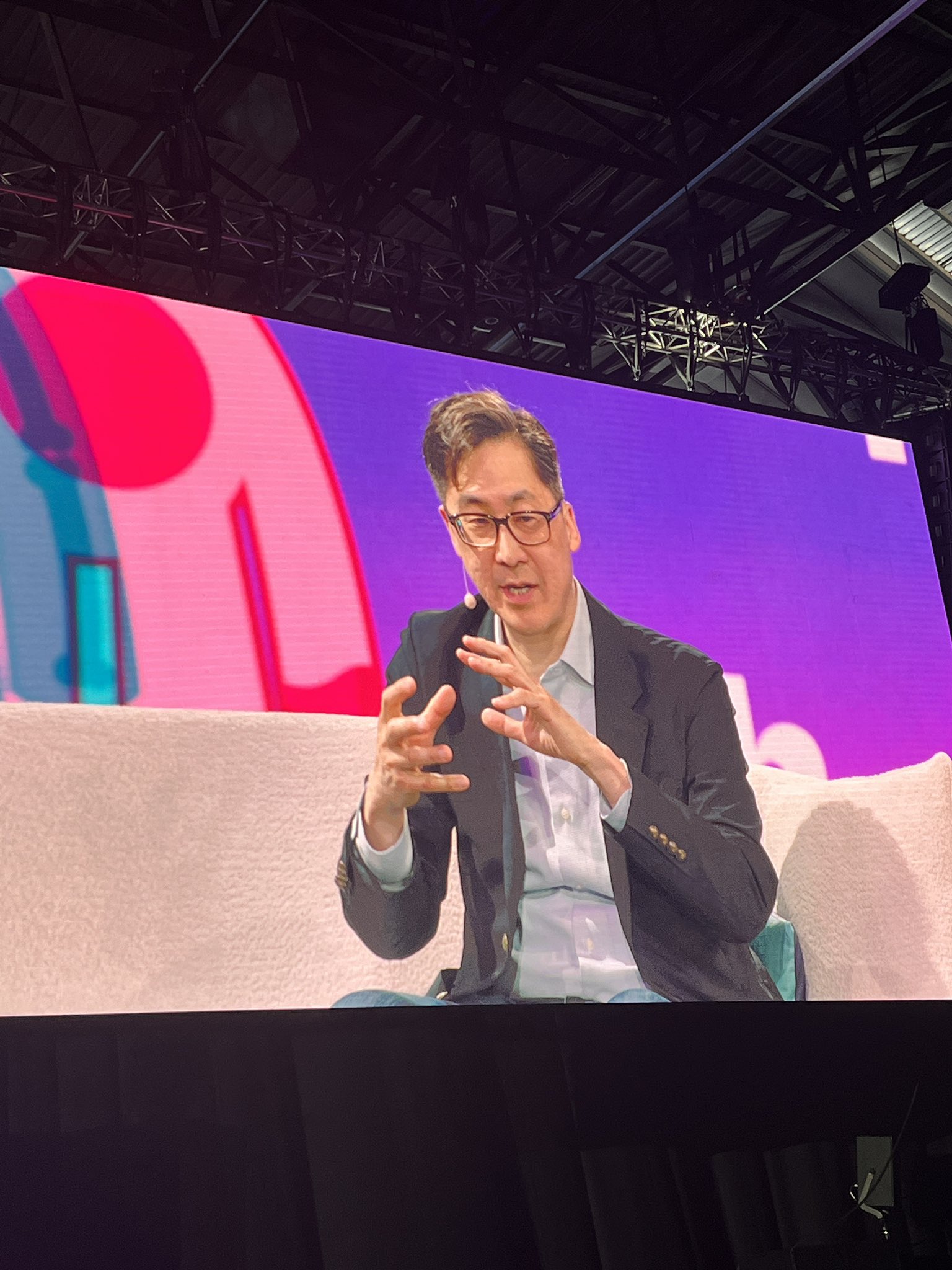The healthcare industry is going through a lot of changes. Artificial intelligence is one of the most important ones.
Artificial intelligence can be used in many different ways, but it’s mostly used to help patients get better faster. It can do this by helping doctors make more informed decisions and providing more accurate diagnoses.
Artificial intelligence has been around for a while now, but it’s only recently that people have really started to use it in healthcare. This means that there are still a lot of things we don’t know about it yet. We’re still learning how best to use it and what its effects will be on our health care system as a whole.
We’ve gathered some quotes from 9 digital health leaders who are talking about artificial intelligence in healthcare and why they think it’s so important.
We wanted to get a sense of what some of the top digital health leaders in our community think about the beneftis of using Artificial Intelligence in Healthcare.
For this reason we’d like to share with you some insights from the weekly videos we upload on YouTube, where digital health leaders talk about healthcare.
This time we are going to share with you some ideas about the relationship between digital health and artificial intelligence:
#6 Ali Parsa: Digital Health & Artificial Intelligence
“Our AI is at its infancy, there is huge amount of hype around AI everywhere”
Artificial Intelligence (AI) is one of the most discussed topics in the healthcare industry, and rightfully so. The advancements that AI will bring to healthcare are nothing short of revolutionary.
But one thing we’ve learned is that AI is often overused within the industry, by acknowledging that AI is in its infancy.
We’re not saying it won’t be a game-changer, but we do want to remind you that there are still many challenges ahead for AI in healthcare.
Dr. Ali Parsa, CEO at Babylon. In this episode, they talked about digital health and artificial intelligence. Viewers can learn and get insights into the digital health marketplace, addressing readiness, adoption, and maturity. Furthermore, the discussion covers the state of Artificial Intelligence and its hype. Artificial Intelligence is often overused within the industry, Dr. Ali Parsa demystifies it by acknowledging that AI is in its infancy.
#9 Lucien Engelen: Healthcare, AI and Big Tech
“I think every second or every third sentence there is AI in it at present”
Artificial intelligence (AI) is a hot topic in healthcare, and it’s not hard to see why. AI has the potential to make us more efficient, more productive, and more effective in all areas of health care.
Artificial intelligence is changing the way healthcare is done. Artificial intelligence is a broad term that refers to machines that are able to perform tasks that normally require human intelligence. In the case of healthcare, artificial intelligence can be used to predict disease and illness, but it can also be used to automate certain processes in the industry.
Lucien Engelen talked about AI (Artificial Intelligence) and Big Tech companies interested in Healthcare. Where we are in terms of maturity with artificial intelligence. The impact in healthcare, how can we measure impact in Healthcare any way? Furthermore, the importance of having organizations that are able to tie all these things together without touching the underlying systems.
#15 Tal Wenderow: AI , Voice and Proactive Healthcare
“Us as people, us as patient, we want to have the control of our data”
We are witnessing a shift in healthcare. This is not just about the use of artificial intelligence, voice and proactive healthcare, but also about the way we deliver care. We need to shift our focus from reactive to proactive care.
This shift is driven by the need for people to be more engaged in their health and control their own data.
Tal Wenderow – Venture Partner at Genesis Medtech Group. In this episode, they talked about the AI, Voice and Proactive Healthcare. The way is delivered at present, and the need to shift to a different approach to be as more proactive as we possibly can. They also touch upon the fact that people need to be more engaged in their health and control their own data.
#23 Dr. David Albert: Wearables in Healthcare, Challenges & Clinical considerations for Medical use. AI and Wearables
“AI is the box that turns raw data into actionable clinical insights”
Artificial Intelligence is the tool that takes all of those numbers, trends, and graphs and turns them into something that can be used to make decisions about treatment.
Dr. David Albert – Founder and Chief Medical Officer at AliveCor talked about the challenges and barriers to the use of wearables in Healthcare. The context to use Wearables in Healthcare for medical purposes and adoption. David shared meaningful insights, considerations to stakeholders and the clinical validation needed via clinical studies. As well as the importance of AI to better scrutinize all the data and making it meaningful.
#37 Prof. Dr. Erik Ranschaert and Janos Esztergalyos: AI and Automation in Radiology & Medical Imaging Diagnostics
“Radiologists, if you start using AI doing it in a Multidisciplinary environment, think well about it and involve all stakeholders”
AI has the potential to revolutionize our healthcare industry. The development of Artificial Intelligence systems in radiology and medical imaging diagnostics holds great promise for doctors and patients alike. In this post, we’ll explore how artificial intelligence and automation will change the way we diagnose disease and treat illness.
The goal of radiology is to provide diagnostic images that can be interpreted by a trained professional to determine what’s wrong with an individual patient. To achieve this goal, radiologists need to be able to evaluate the quality of the images themselves so they can determine whether or not they’re useful for diagnosis.
Prof. Dr. Erik Ranschaert and Janos Esztergalyos talked about AI and Automation in Radiology and Medical Imaging Diagnostics in Healthcare. They shared incredible insights on emerging trends using automation in Radiology, also talked about challenges faced by the industry using automation.
#72 Danielle Siarri: Nursing Informatics globally and folding AI into practice
“Nurses could be the translator of the benefits of artificial intelligence to every healthcare’s stakeholder”
Nursing is a profession that has been around since the beginning of time. The role of a nurse has changed over time as well, but one thing has remained constant: nursing is a vital part of healthcare. One area where nursing informatics can play an important role is in AI-assisted diagnosis. In this blog post, we’ll discuss how AI can help nurses make more accurate diagnoses and take better care of their patients.
AI-assisted diagnosis relies on machine learning algorithms that are trained on data from millions of past cases. This allows them to learn from previous mistakes and apply what they’ve learned in order to make more accurate diagnoses than humans could ever hope for. However, these systems still need guidance from human experts when making decisions about patient care.
Danielle Siarri – Innonurse, Clinical Advisor, Speaker and Clinical Marketer talked about Nursing and the importance of Nursing Informatics in Healthcare using Artificial Intelligence. She shared her point of view of Informatics Nurses furthering their education on AI and Machine Learnin, the importance for Informatics Nurses to be part of the AI conversationand how informatics Nurses fold AI (Artificial Intelligence) into practice.
#83 Tom Lawry: AI (Artificial Intelligence) in Health and Medicine
“Telehealth has been around for three decades and it’s been shown to be very efficient and efficacious “
The health care field presents many opportunities for artificial intelligence to improve medical research and development, and the technology is being used in a range of fields – from daily operations to drug discovery. While AI is certainly not going to replace doctors anytime soon, it can certainly help make their work much easier. That alone makes AI in healthcare well worth exploring.
Artificial Intelligence has proven to be a valuable resource in health and medicine already. But, as we become more familiar with this new technology, there are bound to be new applications for it as well. At this point, there are still quite a few obstacles keeping AI technology from achieving its full potential. However, every day it continues to prove that it has the potential to impact our lives in ways we never imagined before.
Even if you don’t live long enough to gain any sort of personal benefit from artificial intelligence, future generations will undoubtedly thank us for laying the groundwork for these amazing machines to come into their own and improve every aspect of their lives in ways beyond our wildest expectations
Tom Lawry, National Director for Artificial Intelligence, Health & Life Sciences at Microsoft and Best selling Author & Speaker. He talked about artificial intelligence in #health and medicine.
#106 Anne-Laure Jet: Automation and AI (Artificial Intelligence) in Radiology
“To have a consistent patient management incluiding automatic measurement reports is an important aspect of each ultrasound examination”
Automation and AI can be used in radiology because they are helpful when it comes to handling large amounts of data, making decisions based on the data, and making recommendations based on the data. They can also help us detect patterns in images more quickly than humans ever could.
The use of automation and AI in radiology is on the rise. Automated detection of abnormalities has been used for several years to identify lesions on chest X-rays, but it is now being applied to other imaging modalities as well.
Automated detection of abnormalities has been shown to reduce interpretation time, improve confidence in decisions made by radiologists, and reduce errors compared with manual interpretation of images. Automation can be used in conjunction with human radiologists or independently.
Anne-Laure Jet, European Product Manager Ultrasound at FUJIFILM Healthcare talked about Automation and Aartificial Intelligence in Radiology. They discussed about trends in Radiology, what are the patient benefits when using automatic measurement tools and the impact of Radiology, in particular, Sonography
Artificial Intelligence – AI Leaders
AI is becoming a major part of our lives, and it’s changing them for the better. It’s becoming more and more common to see Artificial Intelligence in hospitals, with machines that can diagnose patients and even perform surgeries. The benefits of this technology are astounding: doctors can diagnose patients who would otherwise be unable to receive proper care, and they can perform surgeries with such precision that they’re almost guaranteed to be successful.
We are so grateful to all the people who have been part of our YouTube channel, and we wanted to take a moment to thank them. We’re so grateful to everyone who has been part of our YouTube Channel. Thanks to Tom, Danielle, Erik, Janos, David, Tal, Lucien and Ali for their inspiring insights about healthcare and artificial intelligence.
We hope you continue to enjoy learning from them as much as we do!
If you want to get the best digital health news, you can visit our website, Digital Salutem. We will update digital health news every week, so please keep contact with us every week! If you have any feedback or suggestion about patient care, wearables and digital health news or anything, please don’t hesitate to send email to us!
Check our YouTube Channel, Healthcare Uncomplicated. To find out more about how we can help you with your Digital Healthcare Transformation, Healthcare organizational growth, or Healthcare brand positioning, please get in touch via phone +44 (0) 203 3620421 or via e-mail: info@digitalsalutem.com





